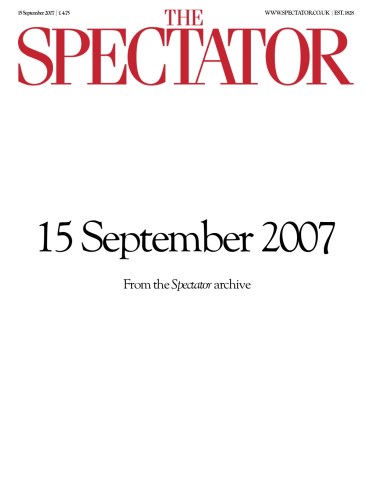From outsider to insider
V. S. Naipaul is one of the more striking figures of the great Indian literary diaspora. Yet he was not born in India and has never lived there. His family were originally impoverished high-caste peasants from the region of Gorakhpur. His grandfather migrated to Trinidad as an indentured servant at the end of the 19th


